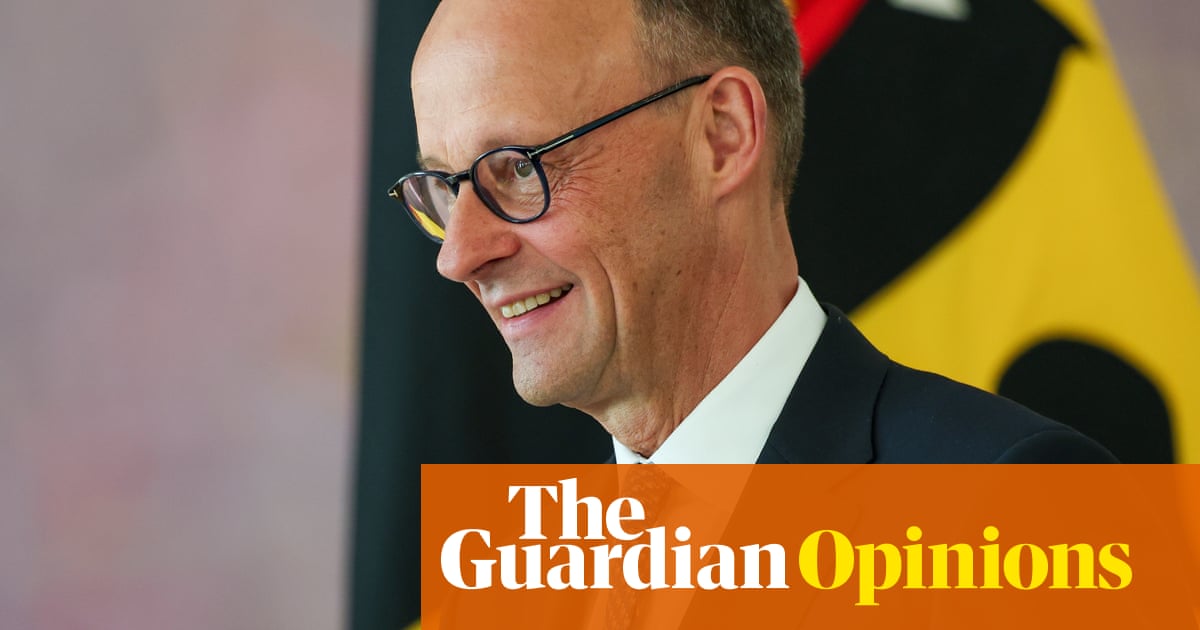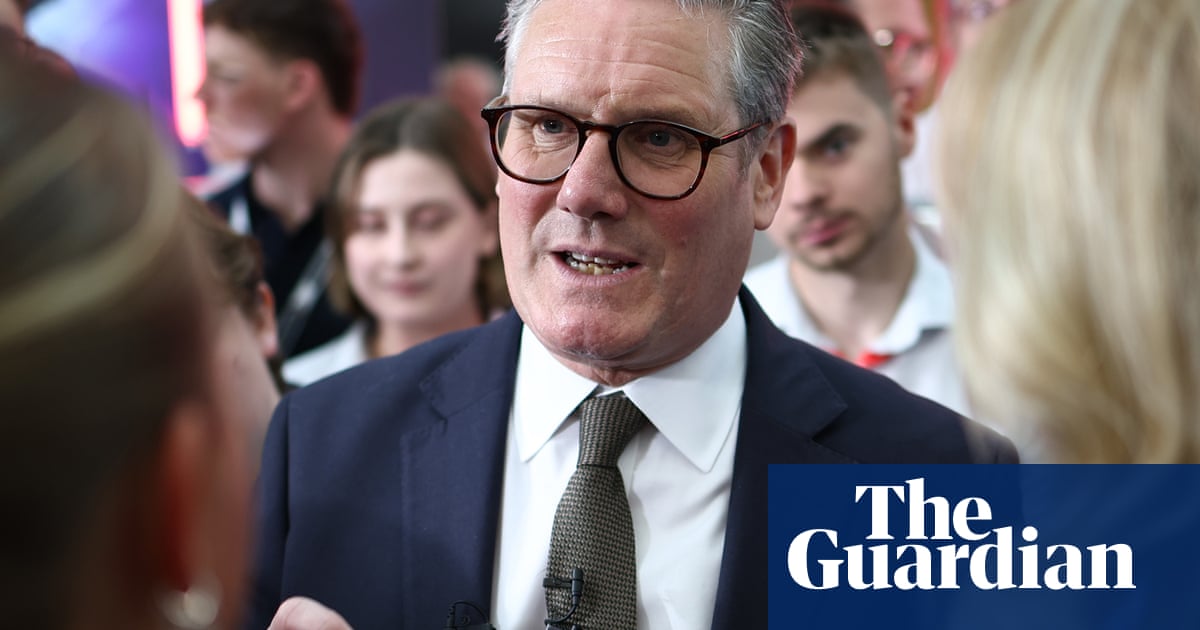I have written enough political speeches to know that few of them say much. But in Sydney on Saturday night, the Australian prime minister, Anthony Albanese, gave one that marked an extraordinary achievement. Labor’s victory, he told his audience, was not just any old election success. It was a triumph of “Australian values”, including economic ideals rooted in the need to build a society in which “no one is held back, and no one is left behind”. He ended by waiving his Medicare card in the air – the card that enables millions of Australians to access healthcare free at the point of use – pointing out that it was “neither Labor red, nor Liberal blue”. It was “green and gold”, the national colours of Australia.
There was a confidence to Albanese that felt a long way from Labour’s recent efforts in Britain. The Australian prime minister is no showman, and his dry style has often been compared to Keir Starmer’s. But whereas Albanese has found clarity, in Britain uncertainty seems still to rule the day. Politicians and commentators close to No 10, such as Blue Labour’s Maurice Glasman, seem to think that the only way to respond to Reform is by moving to the right on issues such as diversity, human rights and immigration. Others, including some advising the chancellor, Rachel Reeves, worry that global instability makes this the wrong moment to rock the boat with Donald Trump, especially with a trade deal with the US up for grabs. For that reason, far from attacking the US president, leading UK government figures are still regularly sent out to claim – as Reeves herself did – that there is “a lot that really resonates” between the leaders of Britain and the US. They should beware: perceived support for Trump is partly what did for Australia’s opposition.
Albanese agrees that the world is unstable right now. Like Starmer, he knows that this lack of stability creates insecurity, especially in working-class communities, and that the radical right can feed upon this. But his dramatic electoral success suggests he might have found a better solution than just emulating populist parties. That solution refutes the idea that progressives must compete with the populists and nationalists on their own terrain. But it does not solely focus on progressive voters in the big cities, at the expense of a working-class base. Instead, Albanese has pursued a distinctly social patriotism, proudly Australian but grounded in ordinary people’s lives. It is open to all backgrounds, embraces government intervention in the market and recognises that injustices and inequalities hold us all back. Albanese says it is a patriotism with “fairness, equality and respect for one another” at its core.
Expounding a vision of this kind could enable Starmer to overcome many of his challenges. It could help navigate the worst of the culture wars, offering a genuine story of national pride at the same time as rebuking those who think the government should constantly pitch to the right on immigration, human rights or the international order. This could hold two crucial elements of Labour’s fragmenting electoral coalition together: both its more socially conservative voters, who care deeply about the country, and its more liberal wing of voters, who cleave to the ideals of human rights.
Crafting an economic and social policy along the Australian Labor party (ALP)’s lines could also lead the British government to replace its abstract commitment to growth for growth’s sake with a focus on the everyday concerns of millions of people: wages, working conditions, and the quality of public services. This would mean putting up in lights some of what the government is already doing – such as enhancing rights at work and rebuilding the NHS – while also taking more radical steps to improve access to higher and further education, heal the seeping wound of social care, and give more powers to elected mayors like Andy Burnham, so that they can transform their local economies for the benefit of the people who live there.
Perhaps most importantly, Albanese might also show UK Labour how to find a central story. Focus groups conducted during the recent Runcorn byelection by UCL Policy Lab and More in Common revealed that many voters still do not know what Starmer’s government is supposed to be about. They can’t assemble a single narrative from the disparate policies of which they are aware – some of which they like, such as the increase in the minimum wage, and some of which they don’t, such as the reduction of disability benefits and the means-testing of the winter fuel allowance.
Over the past few weeks, Albanese had no such trouble telling a story. Previously dismissed as a dull technocrat, the ALP leader has found his voice. Explaining to the party faithful why he believed it had won, Albanese insisted it was because it had spoken out for the fundamental values of Australia. His country was not like Trump’s US, he implied. As prime minister, he aims to pacify cultural tensions, not intensify them, and his government would make real progress to ensure that prosperity is always properly shared among all. “In Australia,” he summarised, “we treat people with respect”.
Distance ensures that the world is not always attentive to Australia. But the historic electoral success of the ALP means that this message will be heard far beyond Sydney and Canberra. Here in Britain, we can only hope that it is loud enough to silence those who interminably tell us that it is no longer possible to have a progressive purpose in politics.
-
Marc Stears is the director of the UCL Policy Lab and formerly the director of the Sydney Policy Lab

 3 hours ago
3
3 hours ago
3













































